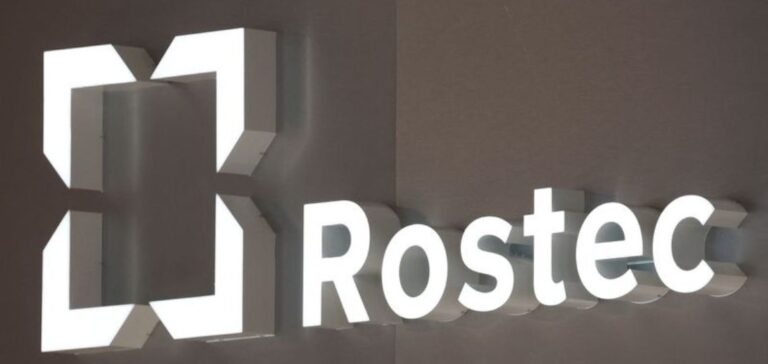Russian energy infrastructures are increasingly targeted by drone attacks, threatening the security and stability of supplies. To counter this growing threat, the state corporation Rostec recently carried out conclusive trials of armored plates, specially designed to protect critical facilities such as oil and gas depots, as well as energy infrastructures.
The armored plates developed by Rostec each weigh 30 kilograms and are designed to withstand FPV (first-person view) drone attacks, grenades and bullets. These drones, originally designed for civilian use, have been modified for military operations, increasing their destructive potential on the battlefield.
The growing threat of drones
Since the beginning of the year, Ukrainian attacks on oil refineries in Russia have intensified. These attacks are aimed at reducing Moscow’s energy revenues and, consequently, its military financing capabilities. In response, Russian companies are actively seeking solutions to strengthen the protection of their infrastructures. Among the measures adopted was the installation of large metal nets to cover oil refineries, an initiative deployed in parallel with Rostec’s innovations.
A Russian Energy Ministry official told a parliamentary meeting in March that missile defense systems could also be deployed to secure oil and gas installations. These statements highlight the need to develop robust and diversified protection measures to deal with this persistent threat.
Advanced defense technologies
The armored plates tested by Rostec represent a significant advance in the defense of energy infrastructures. Capable of withstanding various forms of attack, these plates offer enhanced protection for facilities vital to the Russian economy. The introduction of such technologies underlines the strategic importance of protecting energy resources, not only for economic reasons, but also for national security.
Rostec’s trials could pave the way for wider adoption of these armored plates at energy sites across the country. This approach is essential if we are to anticipate and counter the new forms of threat on the horizon.
Protecting critical infrastructures remains a priority for the Russian authorities, particularly in the current context of geopolitical tensions, which exacerbate the risk of attack. Research and development of new defense technologies, such as those presented by Rostec, are crucial to ensuring the resilience of energy infrastructures in the face of emerging security challenges.
Over and above physical security, these innovations also have an impact on risk perception and economic players’ confidence in the stability of energy supplies. By investing in advanced defense technologies, Russia is seeking to strengthen the reliability of its infrastructures and reassure investors that its energy capacities are sustainable.
Ultimately, these initiatives reflect a growing awareness of the vulnerabilities of critical infrastructures and the need to adapt to modern threats. Rostec’s technological advances are a concrete example of the efforts being made to secure essential installations and preserve the continuity of energy services, a crucial issue for the economy and national security.





















